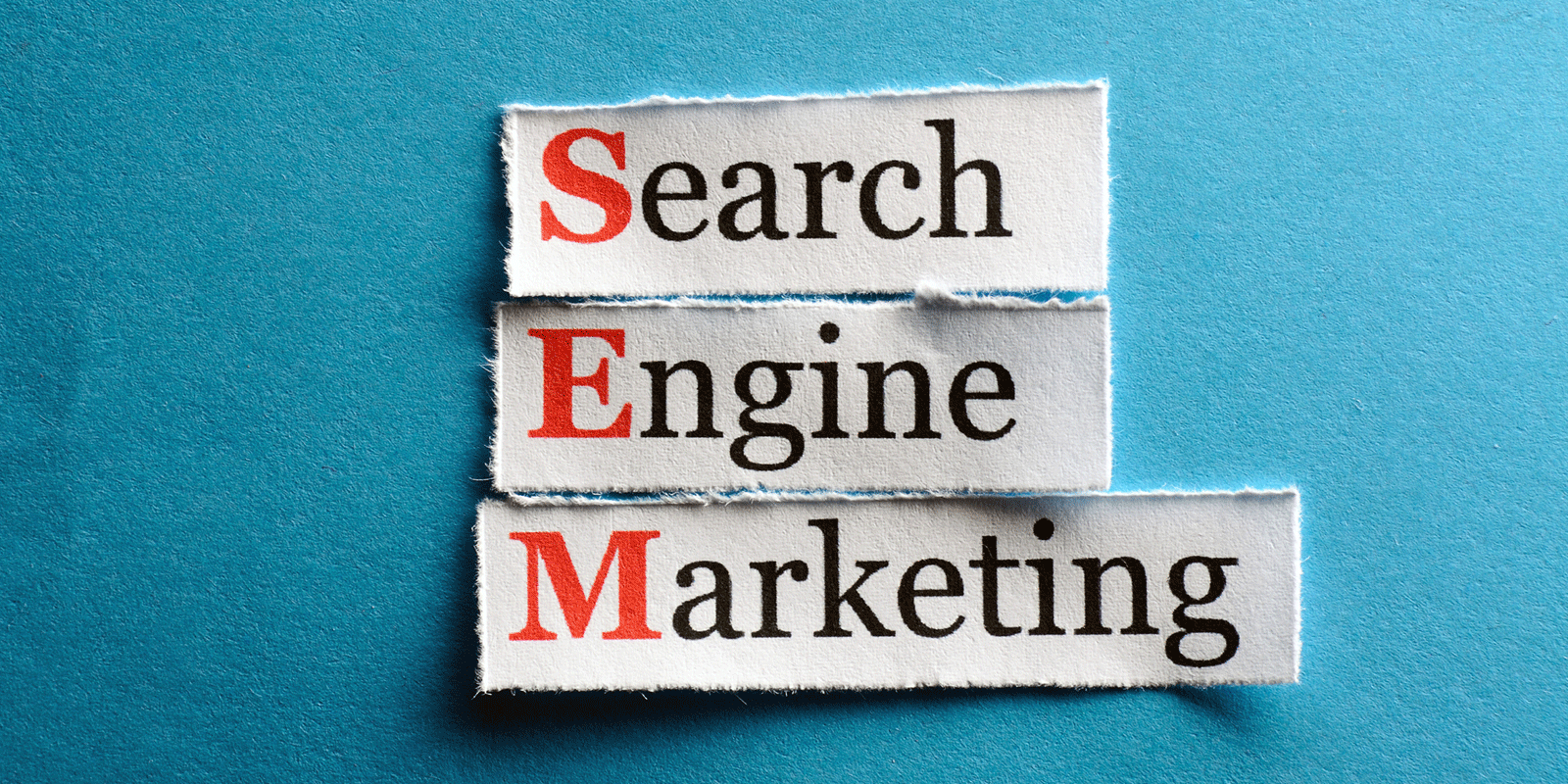What Is SEM and Why Does It Matter for Your Business?

In the ever-changing world of digital marketing, it’s important to understand the importance of search engine marketing (SEM) for your business. SEM is any type of online marketing that uses search engines to drive traffic to a website or online business. It’s a powerful tool for increasing visibility, boosting website traffic, and driving conversions. Here’s an overview of what SEM is and why it’s important for your business.
What is SEM in Digital Marketing?
Search engine marketing, or SEM, is the process of optimizing a website for higher visibility and rankings in search engine results. This includes both paid and organic search engine optimization (SEO). Paid SEM includes pay-per-click (PPC) campaigns and cost-per-impression (CPM) campaigns. Organic SEM involves optimizing a website’s content, keywords, and other factors to improve the website’s rankings in search engine results.
What is the Difference Between SEO and SEM for Business
Search engine optimization and search engine marketing are both powerful tools for businesses to employ in their online marketing strategies. While SEO and SEM are related, they are different in a number of ways. It’s crucial to understand the differences between the two so that businesses can better utilize them in their marketing strategies.
The main difference between SEO and SEM is that SEO focuses on organic search engine optimization while SEM focuses on paid search engine visibility. SEO is the process of optimizing a website to rank higher in search engine results pages or SERPs for specific keywords. SEO is a long-term strategy that requires research and ongoing optimization but can result in higher rankings in the SERPs and increased visibility for businesses.
In contrast, SEM is the practice of buying paid search ads on search engines like Google. These ads show up at the top of the search engine results pages, and businesses pay for them each time someone clicks on them. This is known as pay-per-click (PPC) advertising.
Finally, SEO and SEM can also differ in terms of their target audience. SEO is designed to target people who are actively searching for specific keywords related to the business, while SEM is designed to appeal to people who may not be actively searching for the business. For example, a business may use SEO to target people who are searching for “plumbers in [city]”, while the same business may use SEM to target people who are interested in plumbing services but are not actively searching for them.
In conclusion, SEO and SEM are two powerful tools that businesses can use to increase their visibility online. While they are related, they are also different in a number of ways. Understanding the differences between SEO and SEM is important for businesses to ensure that they are utilizing the right strategy for their online marketing goals.
What Value Does SEM Add to your Business?
SEM provides numerous benefits for businesses, including increased visibility and website traffic. Here are some of the key benefits of SEM for your business:
- Increased Visibility: Search engine marketing helps you reach more people by increasing your visibility in search engine results. This gives your business more brand awareness and can help you reach a larger audience.
- More Traffic: SEM can help drive more organic and paid traffic to your website. This can help increase website conversions and sales.
- Cost-Effective: SEM can be a cost-effective way to drive more traffic to your website. Depending on your budget, you can use paid or organic search engine marketing strategies to reach your target audience.
How to Implement SEM for Your Business
If you want to use SEM to boost your business’s visibility and website traffic, here are some of the key strategies you should consider:
- Research Keywords: The first step is to research and target the right keywords for your website. Use keyword research tools to find popular keywords related to your business and products.
- Optimize Your Website: Make sure your website is optimized for search engine rankings. This includes optimizing content, titles, and meta descriptions.
- Create Content: Create content that is optimized for search engine rankings and appeals to your target audience. This can include blog posts, videos, infographics, and other types of content. Content is the key to being found on the web, as search engines use content to determine which websites should appear in search engine results pages. Content should be optimized for search engines to ensure it is found by the right customers and to maximize the chances of website visitors becoming customers. Content also helps to build trust and authority, which can help to increase conversions and sales.
- Set up PPC Ads: PPC ads can be a great way to drive more targeted traffic to your website. Make sure your ads are optimized for the right keywords and target audience.
- Analyze Results: The last step is to track and analyze the results of your SEM efforts. This will help you identify what’s working and what needs to be improved.
Search engine marketing is a powerful tool for boosting visibility and website traffic. It can be a cost-effective way to reach more people and increase conversions. By implementing the right SEM strategies, you can maximize the reach of your business and increase website traffic.
Increase Your Sales with a Start-to-Finish SEM Strategy from Freedom Media Group
Reap the benefits of effective search engine marketing (SEM) with a comprehensive strategy from Freedom Media Group. Our experienced team of professionals has the knowledge and expertise to develop a customized SEM plan for your business that will drive more website traffic and ultimately boost your sales. We specialize in pay-per-click (PPC) advertising, sponsored search engine placement, and keyword research, giving you the best possible return on your investment. Let us help you get the most out of your SEM campaigns and see the results you’ve been looking for. Contact us today.
